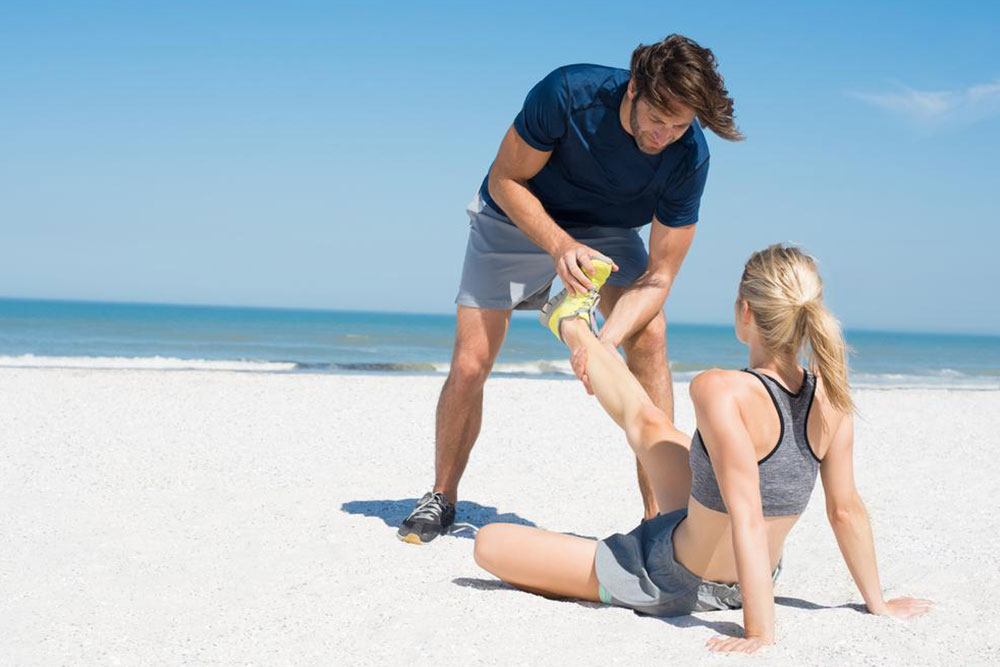Understanding Muscle Cramps: Causes and Effective Remedies
This article explores common causes of muscle cramps, including overexertion, dehydration, and nutritional deficiencies. It provides practical tips on prevention and relief, emphasizing warm-up routines, proper hydration, and balanced diet. Recognizing risk factors and adopting healthy habits can help reduce the occurrence of painful muscle cramps, promoting better overall muscle health.

Muscle cramps are sudden, involuntary contractions that cause painful sensations in the muscles. While typically harmless, they can be extremely uncomfortable during episodes. Multiple factors can trigger cramps, most notably muscle overuse or holding a position for extended periods. Engaging in intense exercise, especially without proper warm-up, is a common cause. Long-distance walking, running, and repetitive activities often lead to cramps, particularly in the legs. Age, fatigue, dehydration, and nutritional deficiencies like low potassium or calcium levels also increase risk. To prevent cramps, stay hydrated, maintain a balanced diet, and always warm up before activity. Rest and proper nutrition help reduce their occurrence, while avoiding junk food ensures essential minerals are replenished. Warm-ups are crucial before any workout to forego muscle pain. Maintaining strength and avoiding overexertion can further minimize cramps.
In summary, muscle cramps are manageable through hydration, nutrition, and proper exercise routines. Paying attention to body signals and taking preventive steps can significantly reduce their frequency and severity. If cramps persist, seeking medical advice is recommended to identify underlying issues.










